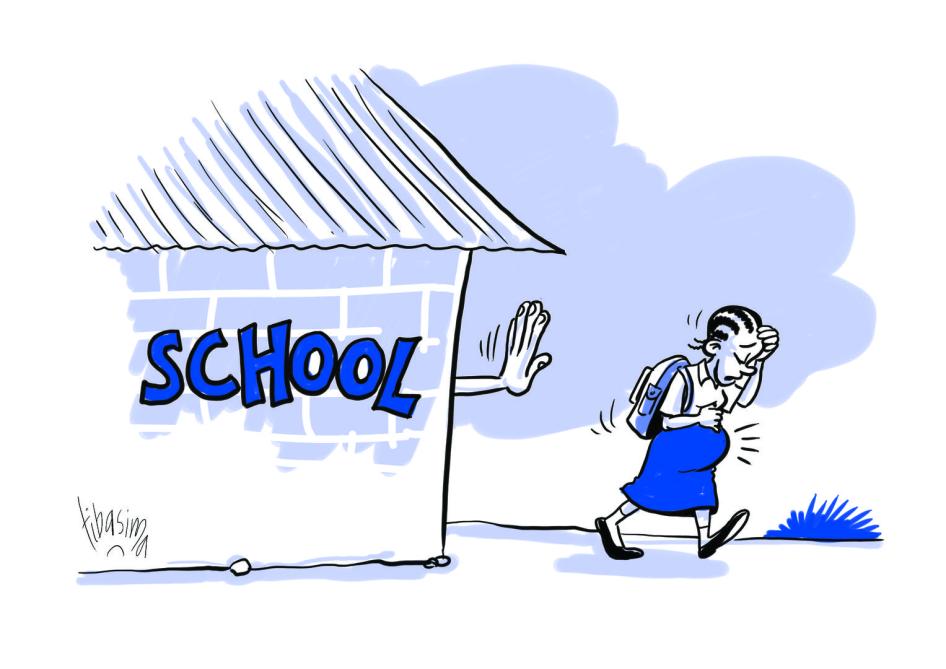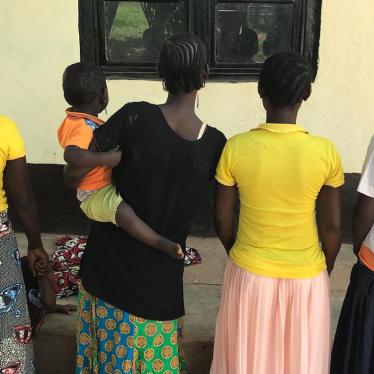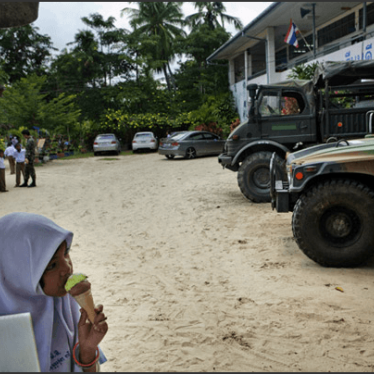Human rights groups are cranking up the pressure to get Tanzania’s government to quash its absurd and discriminatory ban on pregnant girls and teenage mothers attending school.
This week, a Tanzanian human rights organization, the Legal and Human Rights Centre, and a global organization, the Center for Reproductive Rights, presented an official complaint against the ban to the African Committee of Experts on the Rights and Welfare of the Child. The committee has the mandate to assess whether governments are violating their obligations under the African children’s rights charter and instruct it to take rights-complying measures.
President John Magufuli imposed the ban in 2017. “It would only take one call from the president to remove the ban,” a Tanzanian expert told me last year. “But, that’s the hardest part.”
The discriminatory ban impacts the lives of thousands of students who become pregnant, forcing them to end studies abruptly. Many are highly stigmatized by school officials who conduct intrusive pregnancy tests, and some are isolated by their communities. Some have even been arbitrarily arrested.
The complaint builds on broader efforts by civil society groups and international bodies to ensure the government fulfils all children’s equal right to education equally for children. In 2017, Africa’s two main rights bodies and Africa’s Special Rapporteur for women’s rights expressed their concern at Tanzania’s ban and called on it to stop the discrimination. So did United Nations experts.
In November 2018, the World Bank withheld a US$300 million loan destined for secondary education in Tanzania because of various concerns, including the government’s discriminatory approach to girls’ education. It was the only development partner to express these concerns publicly.
Following discussions between both parties, the government committed to finding ways for the girls to return to school. But it has not fulfilled this commitment.
Human Rights Watch has documented the many factors that contribute to teenage pregnancies in Tanzania, including child marriage, lack of information about sexuality and reproduction, and sexual violence and exploitation, including by teachers and school officials.
Tanzania should focus on addressing these problems, rather than robbing girls of their right to education.











